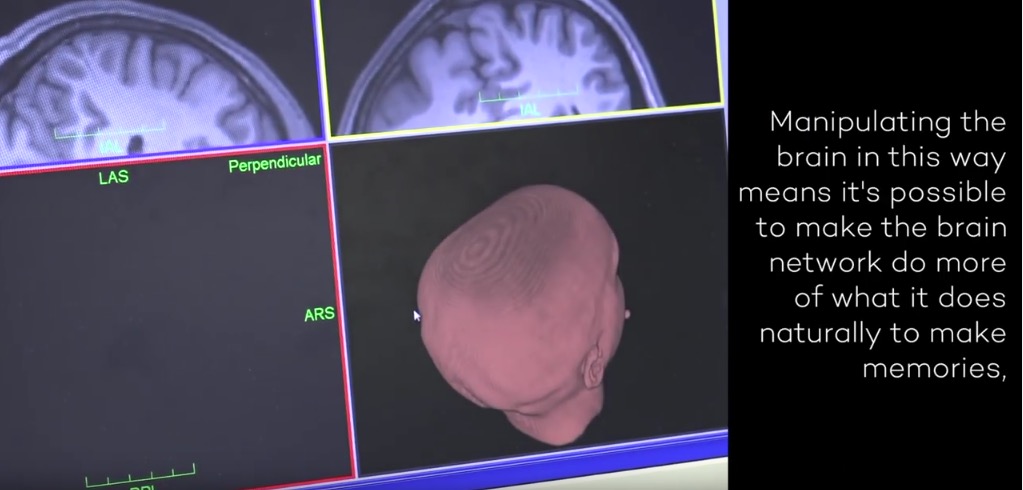Not tDCS, but TMS -Transcranial Magnetic Stimulation, another form of TES – Transcranial Electric Stimulation, that is being used both clinically (FDA approved for the treatment of depression) and as a research tool. Unlike tDCS, TMS can be of sufficient power to cause neurons to fire– imagine a finger twitching in response the the activation of the TMS device.
The video describes an experiment where researchers are attempting to improve the quality of memory encoding using TMS. The point of sharing it with you on the blog is to point out how difficult this is in fact to do. tDCS for cognitive enhancement was what initially inspired this blog, and now these six years later, I’m not sure we’re any closer to having a useful tool for cognitive enhancement of any kind, though I am reasonably confident in stating that tDCS for the treatment of depression is at least worth trying. (Other areas of research I’m more optimistic about are tDCS and Aphasia, tDCS and Parkinson’s, and tDCS for the enhancement of physical training. But in all of these the jury is still out, as there is conflicting research results.)
Note as well in the video the elaborate set up for measuring the effect of TMS in the memory study. These are often standardized tests used throughout psychology research. Unfortunately they are often costly and complicated to use. Point being that any sort of DIY cognitive enhancement experiments need to consider how effects will be measured.

Read more about the research here: Stimulation excites the brain to form better memories
Find the paper here: Selective and coherent activity increases due to stimulation indicate functional distinctions between episodic memory networks
See also: Hippocampal memory encoding and retrieval
